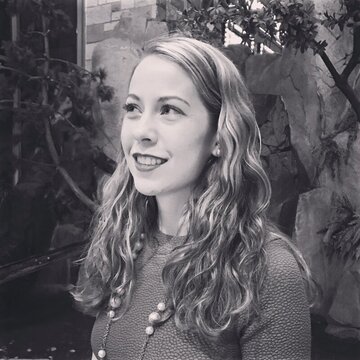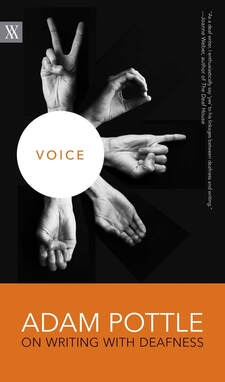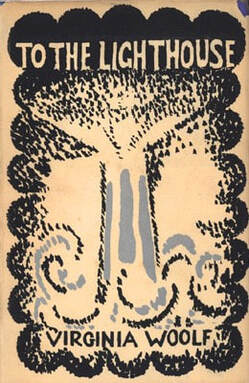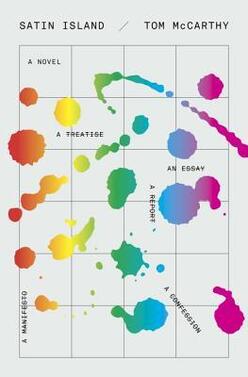Besides writing your novel you also manage to write for online publications such as the Vancouver Sun, The Globe and Mail, USAToday, and Time. What type of schedule or routine helps you maintain that level of productivity? Since my head injury I have less capacity to write, but I still do a lot of that writing, partly for income because I live in Vancouver which is expensive. But I also write because it's something I enjoy. So for me as a disabled person, for now it’s about pacing myself and being really open. The interesting thing is that I struggle with using screens so I can’t always write. Then I have to get creative. I write with my eyes closed. Sometimes I write a draft on paper and then transfer it over. And sometimes I just write on the weekends. I like to write in the morning on the weekends. It’s the first thing I do. Right now I am doing a lot of editing for my creative work rather than writing so I have to balance it all. "Then I have to get creative. I write with my eyes closed. Sometimes I write a draft on paper and then transfer it over. And sometimes I just write on the weekends." You and I have a common connection in Rob McLennan, a Canadian poet who runs an amazing blog promoting Canadian writers. With your background in CanLit, where do you think Canadian fiction is going and what would it take to boost the signal for Canadian writing around the world? I think in Canadian fiction a lot of marginalized writers are getting more of a voice and receiving more recognition. I absolutely love seeing that. In fact, I think that some of the best writing is coming from writers who have traditionally struggled to get published. I also think there is a lot of fiction that is becoming a bit more experimental as writers play with form. As a novelist and a non-fiction writer who is interested in form and experimental writing I think that to get more exposure internationally Canada needs to continue to promote a diverse array of voices. The freshness of those voices and the level of the work being done really speaks for itself. "The freshness of those voices and the level of the work being done really speaks for itself." Much of your work has centered around advocacy for the community of writers living with disabilities. Who is one writer in particular from this community that inspires you and that you believe should be getting more recognition for their work?
I’ve noticed a common theme in your columns and that is plenty of praise for the great English writer Virginia Woolf. What is it about her life and craft inspires you in your writing? As I said earlier, when I was about sixteen I picked up the book To the Lighthouse. What was interesting about this for me was that I had to read the first sentence twice because it was very wrong. Virginia Woolf tried to rethink what a sentence could be as a very literal and deliberate act. What she brought to everything that she did in fiction was a deep engagement with what fiction could be, what it should be, and how she wanted it to be right down to the level of a sentence. She put a lot of thought into what a sentence could look like, how it could be different, why it should be different, and what it could potentially do. "What she brought to everything that she did in fiction was a deep engagement with what fiction could be,
Your novel Unfinished tells the story of V.E. Clark, a young author who revelled in a decade of literary success before disappearing into small-town Connecticut. When it is revealed that she is dying of cancer her publishers send a biographer to dig into the shroud of questions that cloud her existence and so her tale unravels. With ‘all things unfinished in life’ as a central theme in the book, what has been the greatest challenge for you as a writer in crafting the story? When I try to talk about writing this book it’s hard because it has been written through the darkest part of my life. As I wrote this one a loved one was dealing with thoughts of suicide which was the most painful path I’ve walked in my life as it just broke my heart to see him in so much pain. My whole life became centered around trying to help him. At the same time, some of the themes in the book came from the fear and the belief that we often try to accomplish things that we are unable to finish. It was a theme that was very alive for me in that moment because I wanted to write and I wasn’t really able to write a lot. It was coming in drips and drops which was really, really hard. "When I try to talk about writing this book it’s hard because it has been written through the darkest part of my life." After he recovered, I had a very serious head injury and it was through this period that I was trying to edit the book. As I was getting close to finishing it, I experienced extreme amounts of ableist abuse from various parts of my life and people I loved dearly. And so now, if this novel ever gets finished it will be an incredibly emotional moment in my life because it is a symbol of all of my deepest struggles. Hopefully it will also be enlightened by those experiences as well. We all go through difficult times and this is a story about a person dying as they worry that they won’t be able to finish what they started. Though my own personal literary adventures take me into medieval Icelandic texts, I am intrigued by your interest in experimental writing. Who are a few authors in this field who inspire you and do you have a particular recommendation for a book to start with for those interested in learning more? It’s really interesting because when people talk about experimental writing they have a very specific view of what that looks like. Often it’s this image of fiction that is very difficult and drab. In fact there have been a number of different debates in literary culture about whether it's too complicated or whether it's bad for fiction. Very famously, Jonathan Franzen wrote a piece called Mr. Difficult which sparked a debate within the community of people who support experimental writing.
Where can readers keep track of your latest writings and stay up to date on the publication of Unfinished?
1 Comment
|
AuthorJoshua Gillingham is an author, editor, and game designer from Vancouver Island, Canada. Archives
April 2022
Categories
All
|





 RSS Feed
RSS Feed
